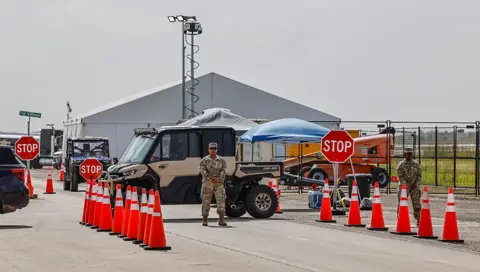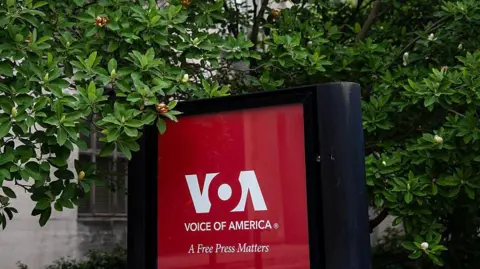A federal judge in Arizona has temporarily blocked the Trump administration from removing dozens of Guatemalan and Honduran children who have arrived in the U.S. unaccompanied, following concerns over their safety and the legality of the government's actions.
U.S. District Judge Rosemary Márquez in Tucson extended a temporary restraining order, emphasizing the necessity for proper arrangements regarding custody with the children's parents or guardians in their home countries. The ruling applies until at least September 26 and raised alarm over the government's haste to repatriate children without ensuring their safety against potential harm in Guatemala and Honduras.
According to Laura Belous, an attorney representing the minors through the Florence Immigrant & Refugee Rights Project, the children expressed fear of returning home, suspecting they could face neglect, child trafficking, or various health issues.
The Arizona lawsuit, filed on behalf of 69 minors, argues that the government is not following established laws intended to protect migrant children, stating that the children have a moral and legal right to seek protection and present their cases before an immigration judge.
Denise Ann Faulk, an assistant U.S. attorney, countered that deportations were conducted through high-level diplomatic arrangements to mitigate prolonged stays in the U.S.
While nearly all the minors are in the custody of the Office of Refugee Resettlement under the U.S. Department of Health and Human Services, similar lawsuits filed in other states aim to prevent the deportation of unaccompanied minors.
The lawsuit stresses the children's rights to legal counsel, the opportunity to address an immigration judge, and placement in the least restrictive environment in their best interests.
The administration argues that returning children is a means of reuniting them with their families, echoing sentiments from Guatemalan officials, who have shown interest in repatriating children who wish to return. However, the need for thorough evaluation of the children’s cases has raised concerns regarding compliance with provisions established under a 2008 law that mandates court appearances for all minors seeking asylum.
While the number of minors crossing the U.S.-Mexico border fell significantly by the 2023 fiscal year, the issue remains crucial as legal proceedings evolve. The court's decision reflects broader questions surrounding immigration policy and the balance between national interests and individual rights within the immigration framework.




















